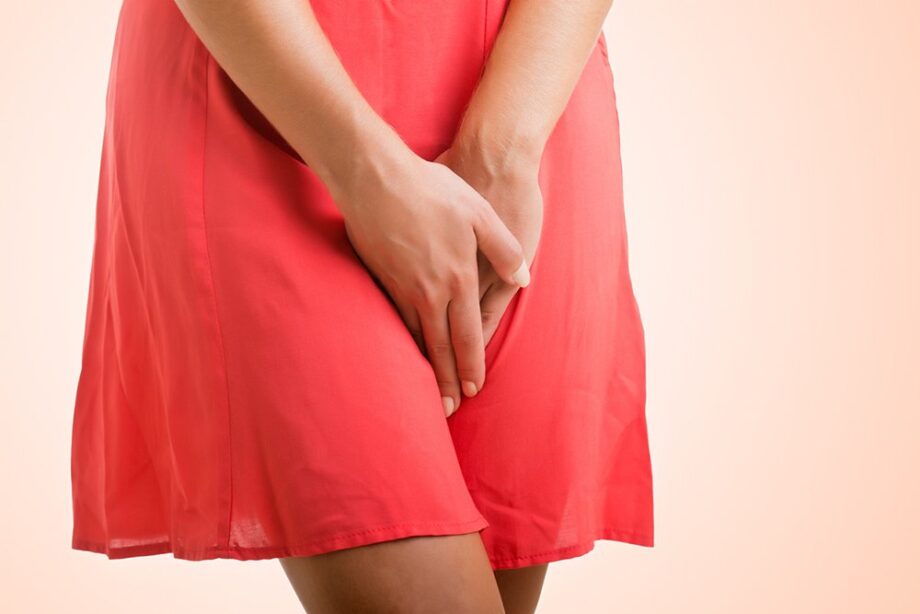If you have a vulva (or, TBH have ever slept with someone with a vulva) chances are you’ve heard the unspoken Cardinal Law of Having a Vagina: pee after sex—especially if you want to avoid a urinary tract infection.
Since the last thing you want is to feel a few days after rumbling and tumbling is the slight stinging, lower-abdomen pressure, or constant need to pee that marks the onset of a urinary tract infection (UTI), you’re likely inspired to head to the lavatory after lovemaking.
But does peeing after partnered sex really help prevent UTIs? Below, Dr. Kimberly Langdon OB/GYN, medical advisor at Medzino, a digital health company based in California, explains the WHY behind this sexual health tip—plus whether it applies to solo sex, too.
Why Folks With Vulvas Pee After Sex
First, let’s be clear on exactly what a UTI is. “It’s an infection, caused by bacteria, in any part of your urinary tract including the urethra, bladder, and kidneys,” explains Dr. Langdon.
What do UTIs have to do with sex? Well, during sex, bacteria can move and groove around to places you don’t want it… like your urethra.
Clenching everything down there at the thought of bacteria near your bits?
Sorry, but the truth is that your back-trap and front-hole are only separated by a lil darling of skin, and the person who crawls between the sheets with you likely comes into bed with some bacteria of their own.
Read:5 Myths OB/GYNs Want You to Stop Believing About Your Vulva
“This doesn’t mean that you or your sexual partner(s) are dirty, it’s just a reality of life: genitals, bums, mouth, and hands and the other body parts and toys involved in sex can harbour bacteria,” says Dr. Langdon. Unfortunately, between licks, thrusts, fists, and all that jazz, that bacteria can end up getting lodged in the urethra.
Luckily, peeing after sex can flush the bacteria out of the urinary tract and into the toilet!
“Urinating is the best way to get rid of bacteria that may be lodged in the urethra,” she says. “It’s a great prevention strategy for vulva-owners.”
Folks of all sexes, genders and genitals have urethras—so why is the Cardinal Law specifically for folks with vaginas?
Dr. Langdon explains: people with vaginas actually have a shorter urethra than folks with penises.
“The bacteria has to travel less distance to get from the urethra to the urinary tract, which ups risk of infection.”
Plus, the urethra is further from the anus in folks with penises (seriously, think about how much further the urethra of an erect penis is from the anus than the urethra of a vulva-owner!).
What’s more, “some people with vaginas are simply more prone to getting UTI’s than others,” says Dr. Langdon. Things like diabetes, diaphragm use, kidney stones, being post-menopausal, and immune deficiency, and abnormalities in the urinary tract are all factors that increase risk.
Read: Masturbation Each Day Keeps the Doctor Away
So, Do You Need To Pee After Masturbating?
What you’re really asking is: “Can bacteria still get spread around during solo sex?”
The answer: Yes!
“Bacteria from your own genitals, thighs, and fingers or the toy you’re using can still be introduced near the urethra during masturbation,” says Dr. Landgon.
Read: 8 Masturbation Sex Positions for People With Vulvas
Might there be less bacteria than partnered sex? Maybe. But that’s not really the point, babes!
As she says, “The risk from a UTI developing from that bacteria getting into the urethra still stands.” That means your popping a squat should be part of your solo-play.
Interestingly, Dr. Langdon says peeing is extra important if your solo-sesh included anal penetration or you didn’t wash your hands (or scrub beneath your finger nails) pre-play.
She explains: “The bacteria from the anus can pretty easily transfer to the vulva and urethra. And it should be obvious why washing your hands before touching yourself is important.” Honestly, fair.
Your buzzy bae can also introduce bacteria to your bits—especially if the toy is made of a porous material like Polyvinylchloride (PVC), thermoplastic rubber (TPR), thermo-plastic elastomer (TPE), jelly rubber, and latex, all of which can’t be cleaned fully.
Read: Sex Toy Safety: A Guide to Materials
That’s why Dr. Langdon recommends, “invest in and use a non-porous toy made out of glass, stainless steel or silicone because they can be cleaned easily and fully.”
She adds that toys should be cleaned (and dried) immediately after and before use. That’s because even if you got your toy immaculately clean, it might have come into contact with lint, dirt, or fur before you used it again. Trust, that’s not the kind of pussy hair you want in and around your toy.
The Bottom Line
Peeing after masturbating is a good idea. Sure, getting up to go to the bathroom might be annoying, but this extra step is wayyy less unpleasant than a UTI.
If you prioritize peeing over post-coital cuddles or post-jerk Insta scrolls, but still get (or think you have) a UTI, call up your healthcare provider ASAP. The stingy, uncomfortable infection is easily treated with antibiotics.
If left untreated, urinary tract infections can spread to the bladder or kidneys and cause permanent damage, says Dr. Langdon.




